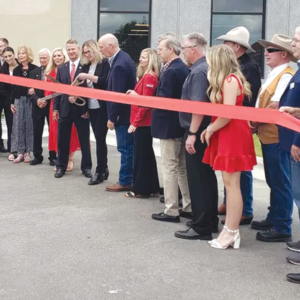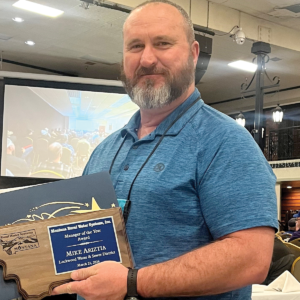Montana is currently ranked 14th in the United States for its economic performance as determined by the American Legislative Exchange Council, in its recently released “Rich States Poor States”. This rank is a backward-looking measure based on the state’s performance in three “important performance variables” —variables highly influenced by state policy.
But Montana ranks 30th in the Council’s Economic Outlook Rank. A forward-looking forecast based on the state’s standing in 15 state policy variables.
States with lower tax rates, lower debt and fewer government restrictions generally have stronger economic outlooks, according to the latest report that ranks states from best to worst based on how friendly their policies are to economic growth, writes Center Square about the “Rich States Poor States” ranking.
The new list shows that Republican-controlled states are doing far better than those dominated by Democrats.
ALEC reports that eight of the 10 best states are Republican-controlled, while all in the bottom 10 are Democratic-controlled, the worst being New York.
“It’s become abundantly clear that the solutions to our financial woes won’t come from the corridors of Washington, DC – they will come from the states,” said ALEC CEO Lisa B. Nelson. “Our latest edition of Rich States, Poor States demonstrates how states competing for the right to prosper have emerged as beacons to workers and businesses alike. They follow the jobs, the freedoms, and the opportunity to achieve. ALEC proudly highlights this competition and congratulates the winners.”
ALEC Chief Economist Jonathan Williams said, “Americans are voting with their feet and fleeing the high tax, high regulation states like California, New York and Illinois for pro-growth, pro-employment havens like Utah, Idaho, and Arizona, where leaders rely on a set of free market principles and pro-taxpayer reforms that landed those states at the top of our rankings.”
The 15 factors upon which the states are ranked include property tax rate, sales tax rate, top marginal income tax rate, top marginal corporate tax rate and how progressive the personal income tax rate is as well as whether there is an inheritance tax.
Montana’s 30th place ranking this year, reflects a jump of three ranks over 2023 when it was ranked 33rd. Since 2018, Montana has risen from a ranking of 43.
Montana’s State Gross omestic Product has increased dramatically since 2021. It grew 53.55 percent from 2012 to 2022, ranking the state 21st in that category.
Population in Montana from 2013 to 2022 increased 87,318, ranking the state 14th.
Non-farm payroll employment, increased 15.36 percent from 2012-2022, ranking Montana 15th.
“This is the 17th annual version of this report that comes out right before tax day every year to give legislators and concerned citizens some tangible data for how their state stacks up versus the other 49,” Jonathan Williams, chief economist at ALEC, told The Center Square.
The report also considers the state minimum wage, average worker’s compensation costs, whether it is a right-to-work state, the size of the debt and the number of public employees compared to the state population, among other factors.
“You see people voting with their feet across state lines so getting it right with state policy is now more important than ever,” Williams said.
Williams pointed out that the report only ranks states on policy factors that are within the control of lawmakers, not the myriad of other factors that impact economic growth.
“It’s really a good policy snapshot into those states,” he said.
The report also reviews recent economic performance and ranks states. The top performing states Florida, Idaho and Utah are followed by Colorado, Arizona and Texas. The worst performing state is Louisiana, followed by Alaska, Connecticut, West Virginia, and Hawaii.
Williams told The Center Square performance rankings don’t always align with the outlook rankings because there are many non-policy factors, such as weather, financial hubs, local resources, and more that impact the economy.
“Each of these factors is influenced directly by state lawmakers through the legislative process,” the report said. “Generally speaking, states that spend less – especially on income transfer programs – and states that tax less – particularly on productive activities such as working or investing – experience higher growth rates than states that tax and spend more.”
Williams said that several states like California are facing major deficits after spending through COVID-era funds from the federal government.
“Over the last three legislative sessions … we’ve seen roughly half the states pretty substantially cut taxes,” he added.







